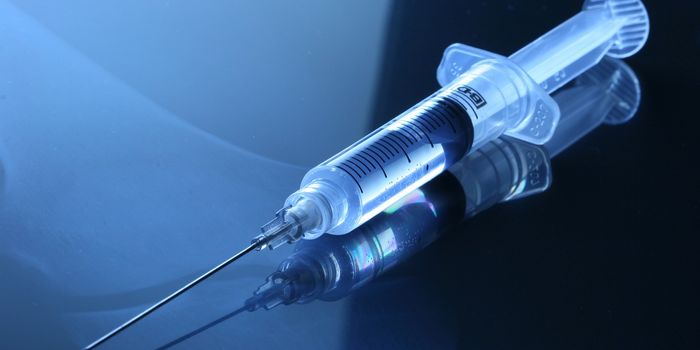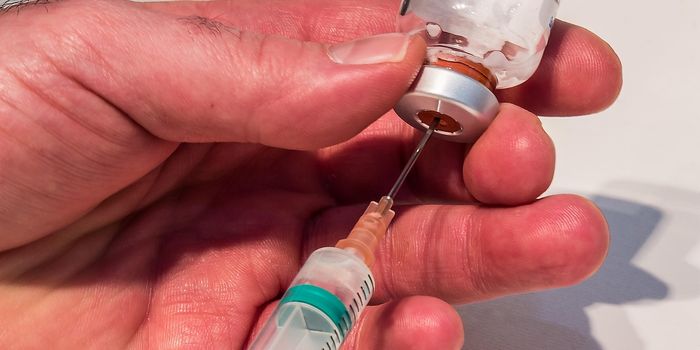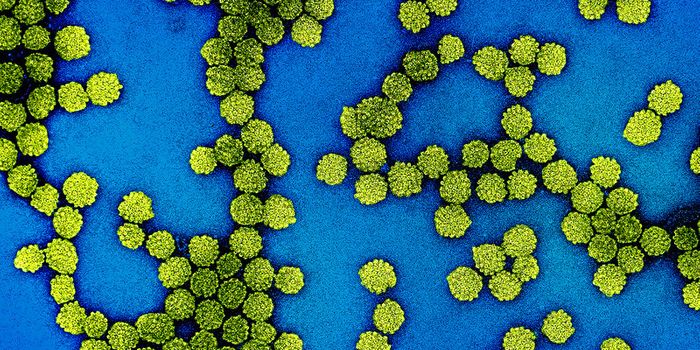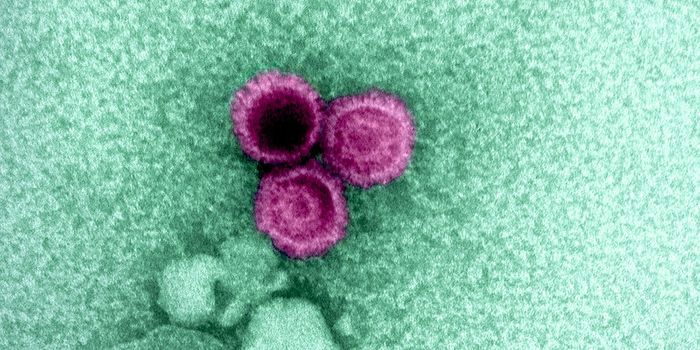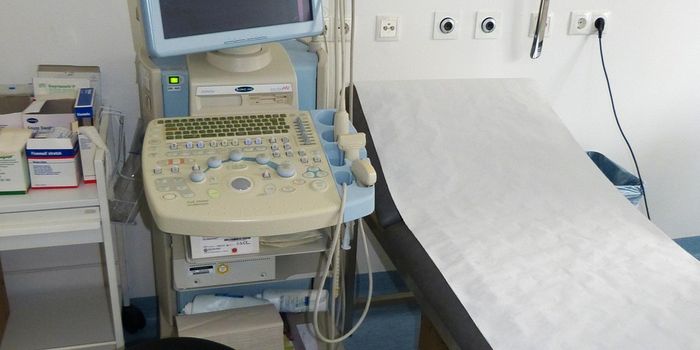Could Maternal Antibodies Contribute to Autism Development?
Pregnant mothers pass on oxygen and nutrients to their developing babies while shuttling away waste products from the fetal blood via the placenta. Mothers also help support fetal immunity by providing them with protective antibodies. However, new research indicates that a particular form of antibodies known as auto-antibodies may move from mother to child and influence their developing brains.
Previous studies have shown that women with children who have received autism diagnoses are more likely to have autoantibodies capable of reacting with proteins in the neural tissues of the fetal brain. Autoantibodies may then trigger changes that set the baby’s brain on a path to autism.
Autism spectrum disorder (ASD) is a condition linked to impaired brain development, which has knock-on effects on an individual’s ability to communicate and socialize. People with ASD also tend to have limited and repetitive patterns of behavior.
Fascinatingly, studies in rhesus monkeys also echo these effects. Animals exposed to maternal autoantibodies in the womb later display altered brain development and abnormal social behaviors.
Now, unpublished studies presented at the 2021 Society for Neuroscience annual meeting provide additional support towards the hypothesis that autoantibodies shape brain development.
In one of these investigations, researchers induced female mice to produce autoantibodies against the CASPR2 protein encoded by a gene called CNTNAP2. This gene has been found to be linked to a variety of neurological conditions, including ASD and epilepsy.
Male offspring of these mice displayed many ASD-like behaviors, including decreased sociability, and showed evidence of atypical neurons in the brain region involved in learning and memory. The researchers found that the presence of maternal autoantibodies sent microglia—resident immune cells of the brain—into overdrive, significantly altering the course of normal brain development.
Ultimately, these and a growing number of studies looking more closely at developmental neuroimmunology could open up many new avenues for understanding the molecular basis of ASD.


